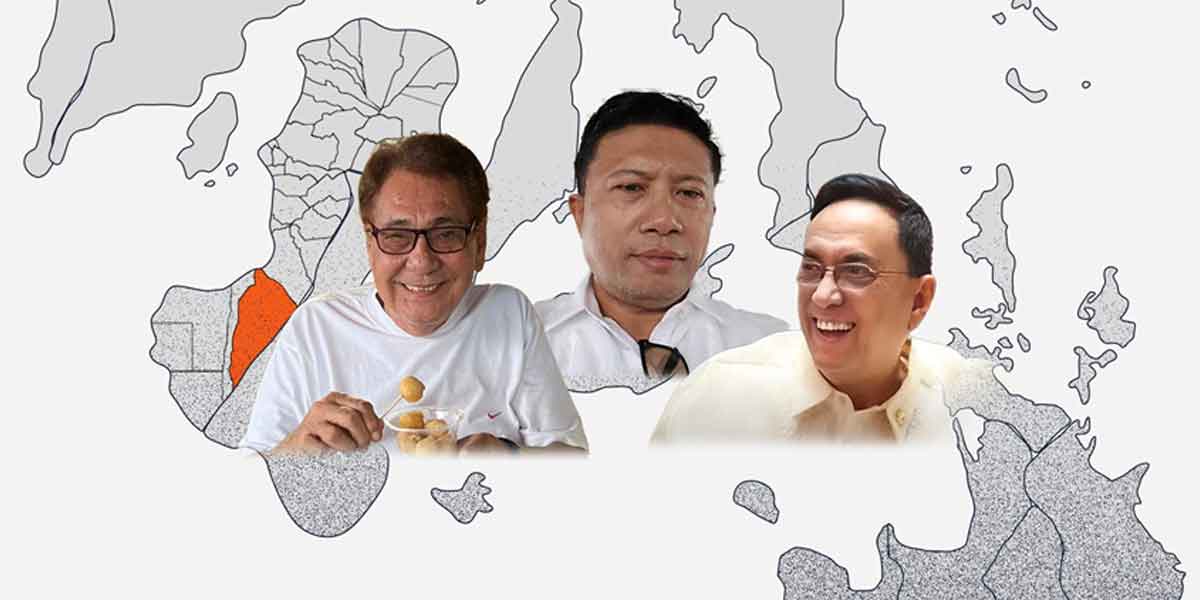The insufficient budget of health and social service sectors, as well as a grossly inadequate funding for the procurement and administration of the eventual COVID-19 vaccines and the lack of a financial aid to support families badly affected by the pandemic, clearly showed skewed priorities for next year, according to the Senate’s minority leader.
Senator Franklin M. Drilon said the proposed P4.5 trillion spending outlay for 2021, which will be sponsored on the floor today, Nov 10, 2020, lacks enough funds and programs that can help restore the people’s confidence in the country’s health system.
“Our economic recovery will depend on the confidence of the public in the government’s ability to provide our people with protection from the Covid-19. Kung walang tiwala ang taumbayan sa ating health programs, matatakot silang lumabas at kapag hindi lumabas, there is no economic activity, and when there is no economic activity, there is no recovery,” Drilon said in a Zoom interview with Senate media Monday.
“Therefore, the key is to restore public confidence in the health systems, in our ability to combat the pandemic and keep our people safe. Unfortunately, I do not see that policy being pursued in the 2021 budget,” he lamented.
“The 2021 budget cannot be a ‘business-as-usual’ budget. This is an extraordinary time – the government is confronted with the very heavy responsibility of addressing numerous challenges brought by the pandemic, the typhoons and other natural calamities that hit the country, as well as ballooning housing backlog,” Drilon.
If the budget priorities are not set straight, Drilon said the recovery will take longer than necessary.
“My view is that it will take us longer, if not impossible, if we follow the skewed priorities in the 2021 budget. The recovery of the economy depends on our ability to fight the pandemic, and the restoration of consumer confidence depends heavily on a stronger and resilient health system. But the proposed 2021 budget does not support that thrust,” he stressed.
He cited, for instance, the insufficient funding for vaccine procurement. The National Expenditures Program only allotted P2.5-B. While it is increased in the General Appropriations Bill (GAB) to P8 billion, the funding is still not enough.
Drilon explained that the country will need at the minimum P16 billion for next year to immunize at least half of the 60 to 70 million Filipinos that need to be immunized.
The minority leader, however, said the proposed budget still gives the highest priority to the security sector instead of the health and social services.
Under the proposed 2021 national budget, the Department of Health (DOH) is set to receive P131-B, net of funds for the Universal Healthcare Act – lower than its current total appropriation of P181-B, including additional funding from the Bayanihan 1 and 2.
The social welfare department, meanwhile, will only receive P171.2-B, with no funding for the much-needed social amelioration program, commonly referred to as ayuda.
On the other hand, the defense sector will receive a huge allocation of P209.1-B while the Department of the Interior and Local Government is allocated with P246.1-B, placing them in the top 3 and 4, respectively, in terms of departments with the highest allocation. The DSWD and the DOH only placed 5th and 6th, respectively.
“This is what I am saying – that our priorities are skewed in this budget. We need more funds for the social aspects of governance rather than the security aspects. I am not saying that we do not need to support our security sector,” he said.
The minority leader said it will do no harm if the P19-B anti-insurgency funds are postponed to 2022 or the funds are channeled to much-needed and urgent programs, including the vaccine procurement, ayuda, housing needs and calamity response.
“The typhoon Rolly caused a damage of P15-B and there is another typhoon coming that is expected to cause extensive damage. The 2021 NEP did not anticipate that. Therefore, we must have a bigger budget to address these calamities,” he said.
“We also need to address our housing backlogs. We now need 6.4 M housing units to address this problem. If we do not provide funds where our mouth is, we will have a problem. We need about P24-B to partially address the housing needs in 2021. We must address this partially so it does not become a crisis,” he said.
Drilon said realigning the anti-insurgency funds to specific urgent needs of the country today will also resolve constitutional issues that may soon arise, given that lumpsum appropriation and post-enactment intervention are prohibited by virtue of the Supreme Court ruling on the pork barrel case.
“You should not have post–enactment intervention. This prohibition should apply to both the executive and the legislative. We cannot have a lumpsum and leave to the NTF-ELCAC the authority to point to the projects and barangays where these funds will be devoted. The NTF-ELCAC intervention after the budget approval, these are post-budget interventions, which, according to the SC, are not permitted in our system,” the minority leader pointed out.






















